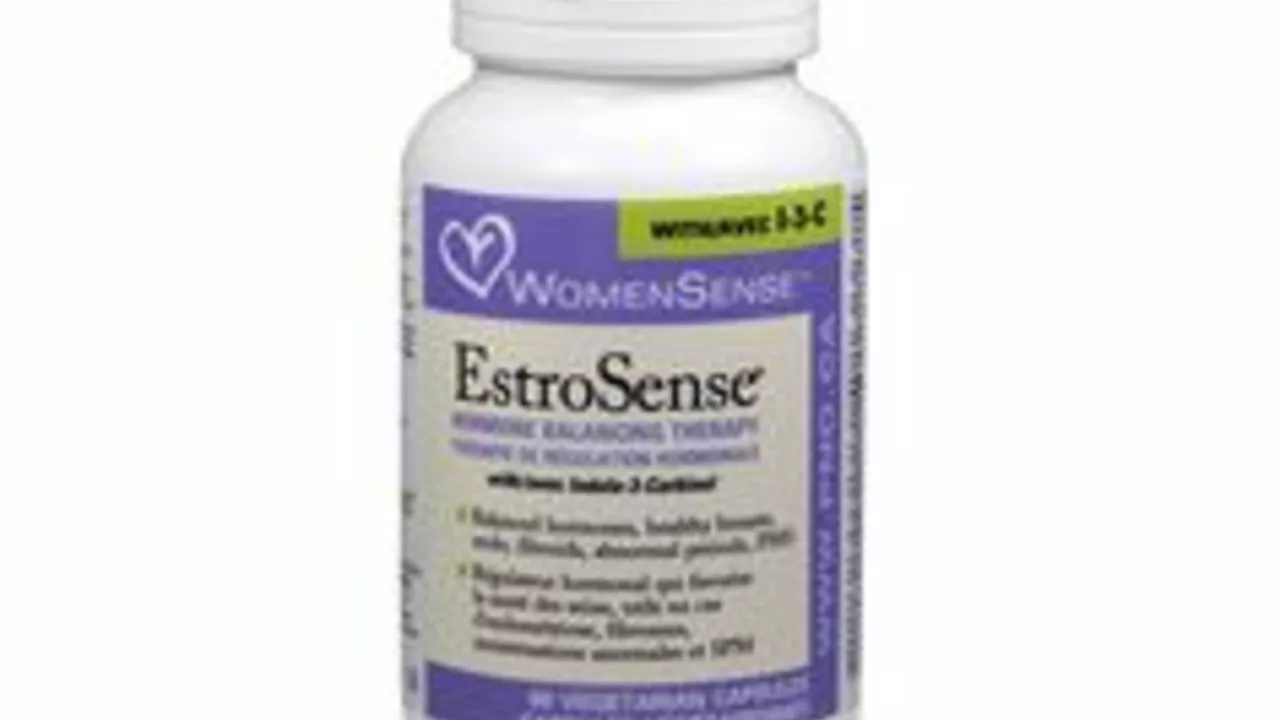Conjugated Estrogens USP and Mental Health — August 2023
In August 2023 we published a focused piece on how conjugated estrogens USP can affect mental health. The post looked at where estrogen acts in the brain, what changes people commonly report, and what clinicians watch for when prescribing hormone therapy. If you or someone you care for is considering estrogen therapy, this archive gives the practical highlights and real-world context.
Estrogen receptors sit in brain areas that control mood, sleep, and memory. That’s not just theory — people report shifts in anxiety, mood swings, and memory during hormone changes like perimenopause. Conjugated estrogens USP are used clinically to ease menopausal symptoms, and those same hormonal changes can influence mental state. The article explains the link without technical jargon and shows what evidence clinicians use when deciding on treatment.
What the research shows
Trials and observational studies have found mixed but useful signals. In symptomatic perimenopausal or recently postmenopausal women, some randomized trials showed reduced depressive symptoms and improved sleep with estrogen therapy compared with placebo. Other studies found little change when therapy started years after menopause, suggesting timing matters. We emphasized that short-term mood benefits are more likely when treatment begins near the onset of menopausal symptoms.
We also covered risks that change the mental health picture. Estrogen can improve sleep and hot flashes, which indirectly helps mood. But it may increase blood clot or stroke risk in older patients or those with certain medical histories. That trade-off is a practical reason why doctors tailor treatment to age, health background, and personal risk tolerance.
Practical takeaways for readers
If you notice mood changes around menopause, talk to your clinician and describe timing and severity. Ask whether conjugated estrogens USP are appropriate for you and whether they should be combined with a progestin (for those with a uterus). Medication decisions often hinge on how recently symptoms began, existing health risks, and whether non-hormone options like antidepressants or cognitive therapy are better first steps.
We also suggested daily steps people can try while exploring treatment: regular sleep habits, light exercise, and cutting back on alcohol and caffeine. These changes won’t replace medical care but can reduce anxiety and improve focus. Finally, we recommended tracking mood and sleep for a few weeks before and during any change in therapy — concrete notes help your doctor fine-tune treatment faster.
This archive entry aimed to be clear and practical: conjugated estrogens USP can affect mental health in meaningful ways, benefits depend on timing and individual risk, and treatment should be a shared decision with your clinician. For full details and study references, check the original August 2023 post titled "The Impact of Conjugated Estrogens USP on Mental Health."
 1 August 2023
1 August 2023
The Impact of Conjugated Estrogens USP on Mental Health
Alright folks, I've been diving into some pretty impressive research lately! You wouldn't believe what I found out about these things called Conjugated Estrogens USP and their effects on our mental health, it's wild! Buckle up, because it seems these hormones can significantly impact our mental wellbeing, sometimes pulling the strings on our mood, memory, and even stress levels. In fact, some studies suggest they could even play a role in conditions like anxiety or depression. But fear not, this isn't a horror story! It's more like a fascinating mystery novel, one that science is still trying to fully unravel. So, stay tuned for more updates on this intriguing topic!
Latest Posts
-

How to Check Active Ingredients to Prevent Double Dosing in Children
-

Boost Your Overall Health with the Power of Fructo-Oligosaccharides Dietary Supplement
-
Unlock the Power of Alfalfa: The Ultimate Dietary Supplement for a Healthier You!
-

Antitrust Issues in Generic Substitution: How Big Pharma Blocks Cheaper Drugs
-

Experience the Magic of Delphinium: The Dietary Supplement That's Taking the Wellness World by Storm

15